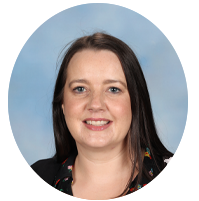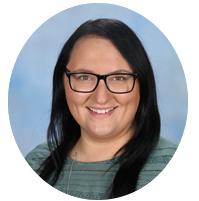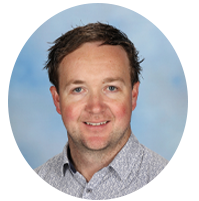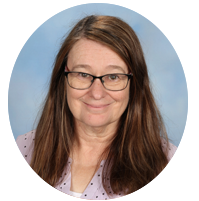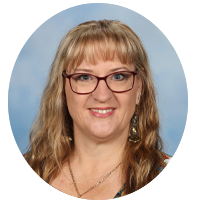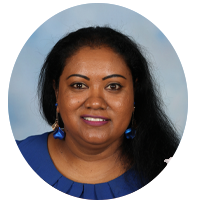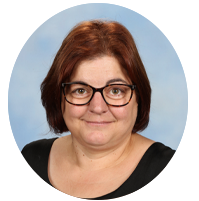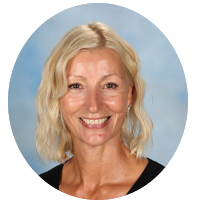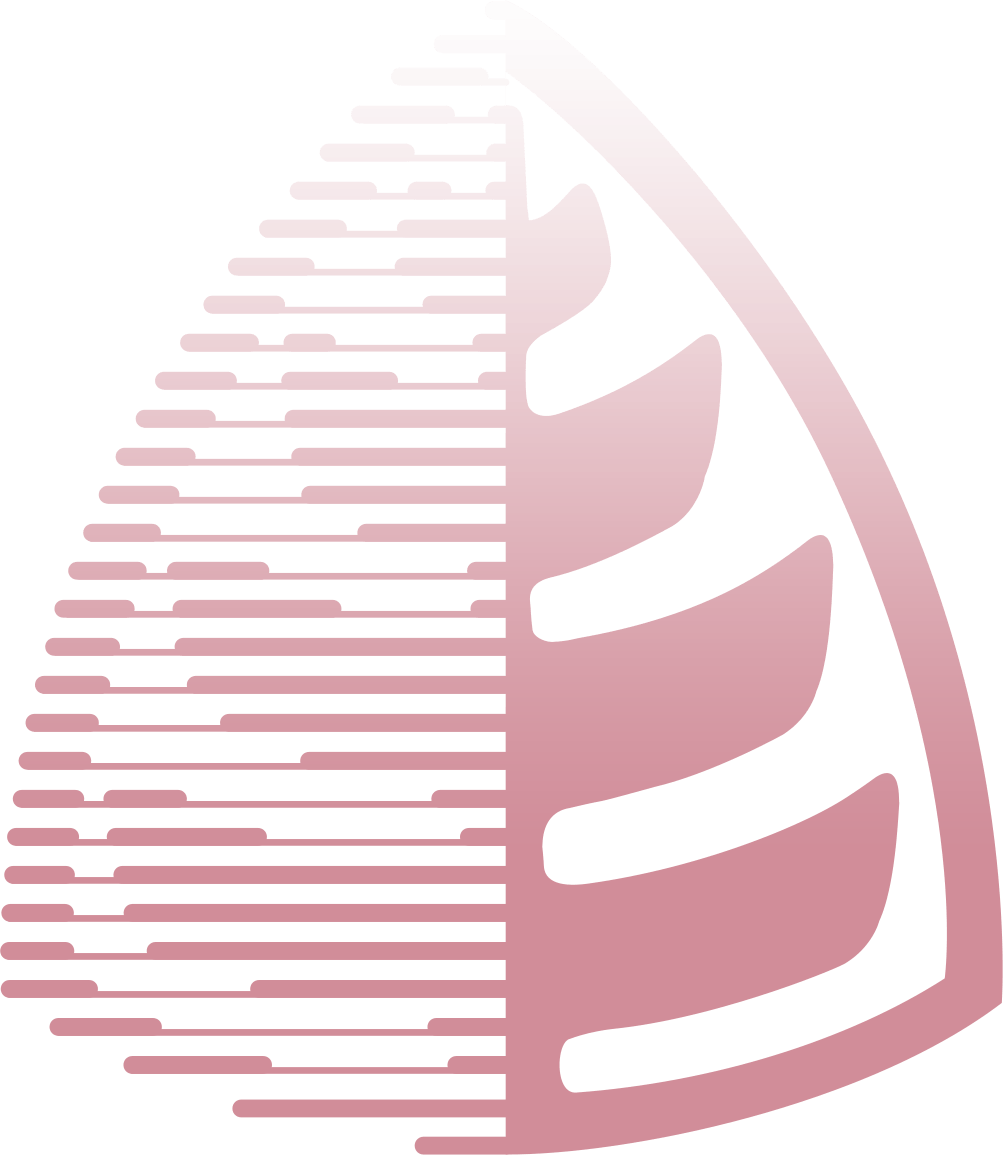Senior School
In Years 11 and 12, students are entering the final years of their schooling and will make decisions that will influence future career pathways.
Initiative, personal responsibility for learning and a strong sense of commitment are central to our students’ lives in the Senior School. Collaborative partnerships between staff, students, and their families strengthen as students are supported in their quest for VCE or VCE VM success and successful career pathways.
We prioritise ensuring our students are well prepared for a University or TAFE of their choice, or for pursuing employment and vocational training with distinction and confidence. Students are given access to a full range of VCE, Vocational Education and Training (VET), and VCE VM programs.
High-achieving students continue to be challenged through enrichment programs in English, English as a Second Language, Maths Methods, and Specialist Maths, as well as the opportunity for Year 11 students to study a Year 12 subject.
To ensure students are thoroughly prepared and confident for their future, the Managed Individual Pathways (MIPs) Program intensifies with individual course counselling, subject selection and planning, and guidance on choosing an appropriate post-Year 12 pathway.
Please refer to the Senior Years Handbook for more detailed information about Year 11 & 12 courses.
Senior School Team


